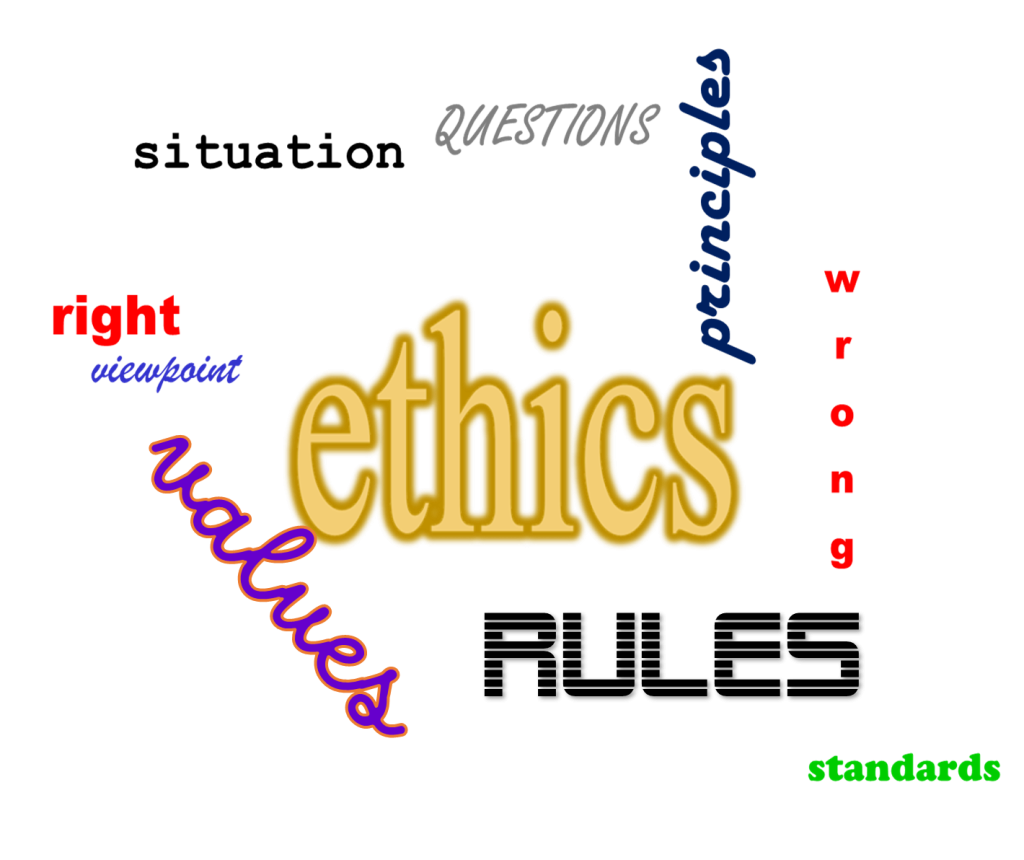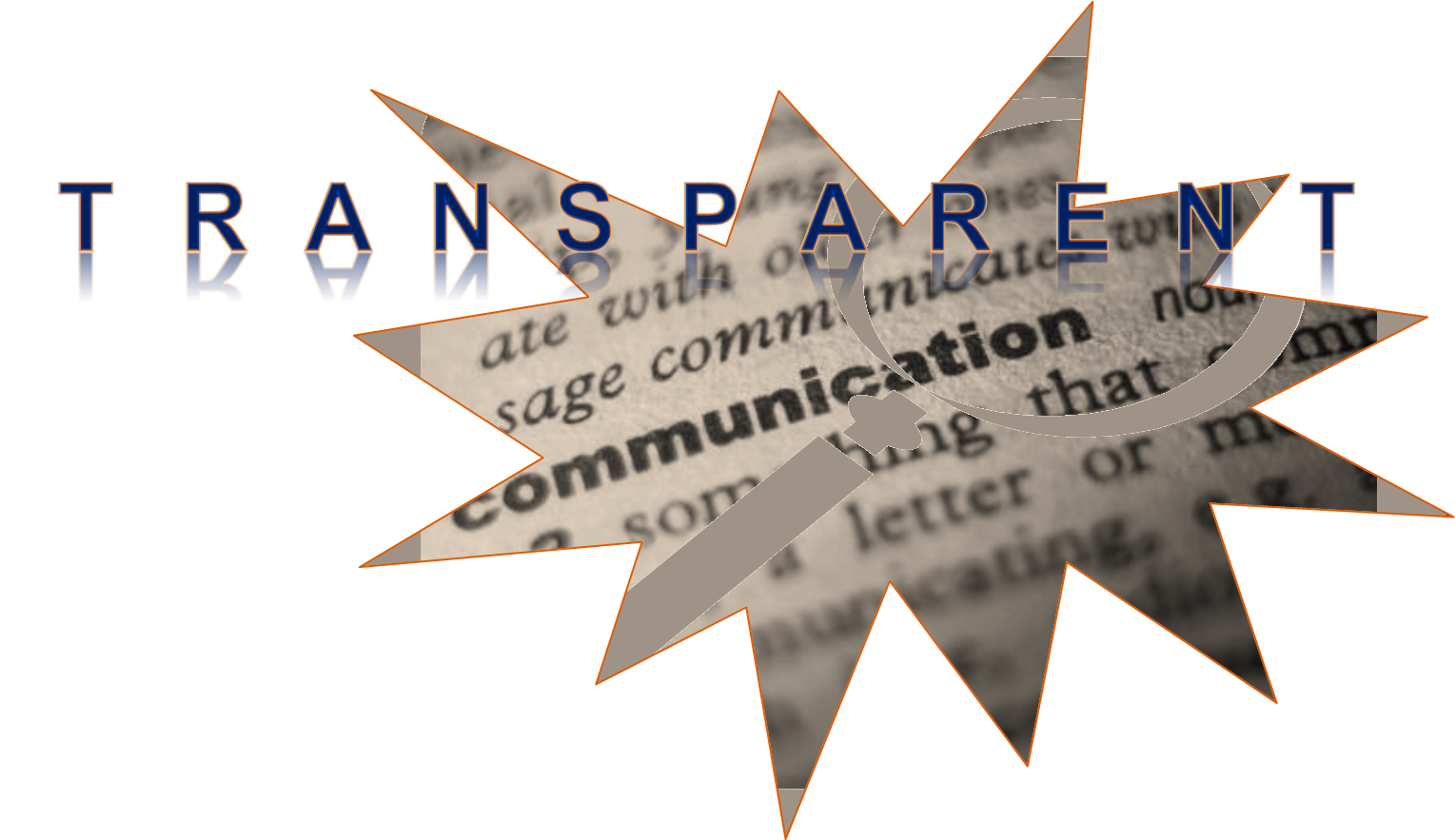In the complex world of democracy, transparency and ethics serve as the guiding principles that ensure government accountability and trustworthiness. These two elements are the heart and soul of good governance. Used together they promote honesty and fairness. Their significance cannot be overstated. They uphold the very foundation of a just and responsible government.

Transparency is like a bright light that illuminates the inner workings of the government, allowing citizens to see what happens behind the scenes. It’s like lifting the curtain to reveal the play’s inner workings, making sure that everyone knows the script. In other words, transparency means that government actions, decisions, and the use of public resources occur openly and without hidden agendas. This openness fosters trust among the public, as they can see where their tax dollars go and how policies form.
Furthermore, transparency acts as a check on power. When government agencies operate in secrecy, corruption and unethical practices can fester. Without scrutiny, those in power can make decisions that serve their interests rather than the greater good. A lack of transparency can erode trust and confidence in government, creating a sense of disconnect between the leaders and the citizens they are meant to serve.

Ethics, on the other hand, serve as the moral compass guiding government officials in their decision-making processes. It’s like a set of rules that ensure they act in the best interest of the people they represent. Ethical behavior means adhering to a set of principles that dictate honesty, integrity, and accountability in all actions.
Ethics play a crucial role in maintaining public trust. When government officials prioritize ethical conduct, they demonstrate their commitment to serving the greater good. Ethical behavior ensures that decisions are made for the benefit of all citizens and not for personal gain. Without ethics, government officials might engage in corrupt practices, nepotism, or cronyism. This can harm the public and erode trust in the government.

Transparency and ethics are like two puzzle pieces that fit perfectly together. When combined, they create a system that promotes accountability and ensures that government actions align with the principles of justice and fairness. Without transparency, it’s challenging to hold government officials accountable for their actions. Without ethics, transparency alone may not prevent unethical behavior.
A clear example of the importance of transparency and ethics in government is the allocation of public funds. When government budgets develop in secret or without public input, there’s a high risk of misallocation or embezzlement of funds. Citizens can see transparency in the budgeting process. It shows how their money is spent and hold officials accountable for any misappropriation.
Furthermore, ethical considerations are essential when awarding contracts or making decisions affecting public resources. Without ethical guidelines, government officials may favor certain companies or individuals. This leads to a lack of fairness and potential exploitation of resources.
In conclusion, transparency and ethics are not mere buzzwords in government. They are the cornerstones of good governance. They ensure government remains accountable to its citizens and acts in their best interests. The synergy of transparency and ethics prevents corruption, unethical practices, and misuse of public resources. Therefore, we must demand transparency and ethical conduct from our government officials, as responsible and informed citizens. This ensures that our democracy thrives and serves the common good. As a result, we contribute to a more just and equitable society, where government truly represents the people it serves.
Related readings: Ways to Promote Government Transparency, Accountability and Transparency: Essential Principles; Practical Ethics in Public Administration
Adrienne Bitoy Jackson, BSBA, MS. Ed, PMP, President & CEO of Heuristics Marketing Consultants, LLC is an inventive, effective, resourceful thought leader, writer, coach, mentor, project manager, change agent, and former public administrator with 25+ years’ experience with government entities, professional associations, nonprofit faith & community-based organizations, and educational institutions. Designated a well-qualified Senior Public Service Administrator/Executive I, and high-level Social Service Program Planner by the State of Illinois; she is a professional development advocate skilled in capacity building, marketing communications, and organizational development and a winner of the City of Chicago’s Kathy Osterman Award for Outstanding Professional Excellence.





Leave a Reply
You must be logged in to post a comment.